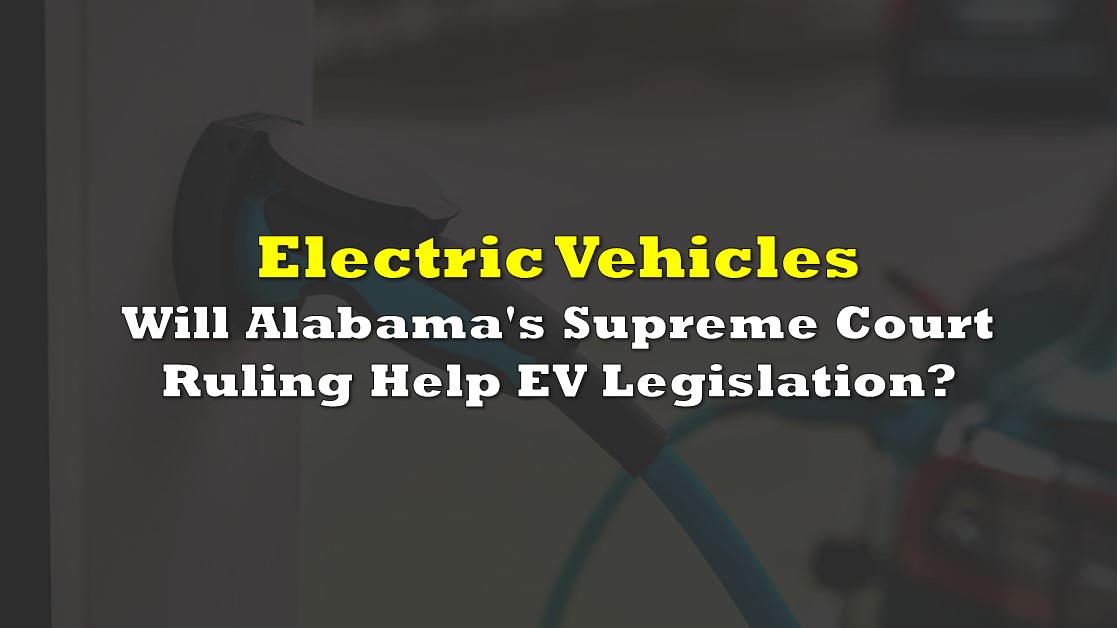The electric vehicle (EV) industry received welcome boosts over the last few weeks from Tesla, Inc.’s (NASDAQ: TSLA) agreements, first with Ford Motor Company (NYSE: F) and most recently with General Motors Company (NYE: GM), to grant the owners of EV’s produced by the two legacy auto makers access to Tesla’s Supercharging stations. In addition, Tesla’s charging technology will eventually be integrated into the design of Ford and GM EV models.
These accords (and likely additional template deals Tesla will make with other automakers) will almost certainly cause a quicker and broader adoption of EVs in the U.S., as access to state-of-the-art charging facilities will be available to models other than those made by Tesla.
This constructive news regarding broadening access to supercharging was not the only recent positive news for the EV industry. A surprise June 8, 2023 U.S. Supreme Court ruling on a Congressional redistricting case in Alabama could also have positive and long-lasting implications.
The high court voted 5-4 to affirm a lower court’s ruling that a redrawn Alabama congressional map that left just one majority African American seat in a state with seven congressional districts represented a violation of the 1965 U.S. Voting Rights Act. About 26% of Alabama residents are African American. The Supreme Court decision will almost certainly force the state to draw a second district where African Americans represent a majority.
The Supreme Court’s ruling was quite surprising for at least two reasons. First, two conservative justices, Chief Justice John Roberts and Justice Brett Kavanaugh, joined the three-member liberal wing of the Court to affirm the lower court’s ruling. Such alliances are quite unusual for this Supreme Court. Second, this same Supreme Court allowed the now-disallowed Alabama map to be used in the 2022 elections.
The Supreme Court’s ruling could have significant implications for several other southern states, including Louisiana, Georgia, Texas, and South Carolina, where current congressional maps may be considered discriminatory. If maps in these states are forced to be redrawn such that additional districts are created with a majority of African American residents, more Democrats could be elected to the House of Representatives by generally Democrat-leaning African American voters.
In the closely divided and highly divisive U.S. House of Representatives, a few more Democratic votes could prove to be the difference in whether President Biden’s pro-EV policies survive after he no longer holds the nation’s top office, particularly if the 80-year old leader of the Democratic Party were not to win re-election in November 2024.
Information for this briefing was found via Business Insider and the sources mentioned. The author has no securities or affiliations related to this organization. Not a recommendation to buy or sell. Always do additional research and consult a professional before purchasing a security. The author holds no licenses.









